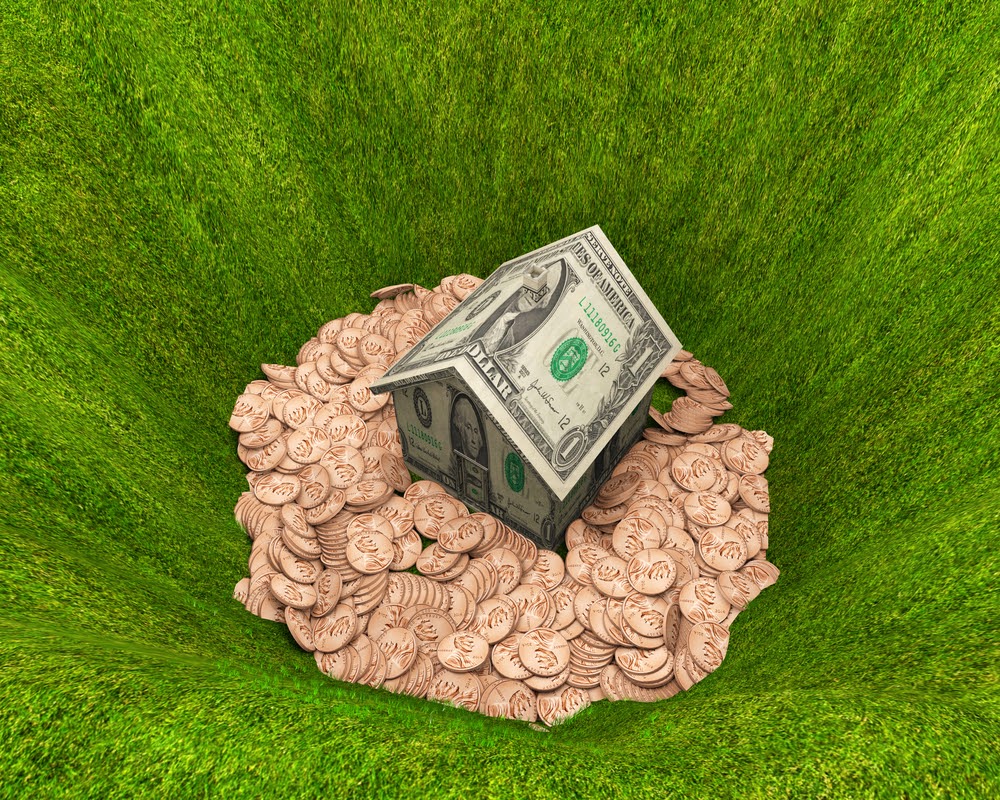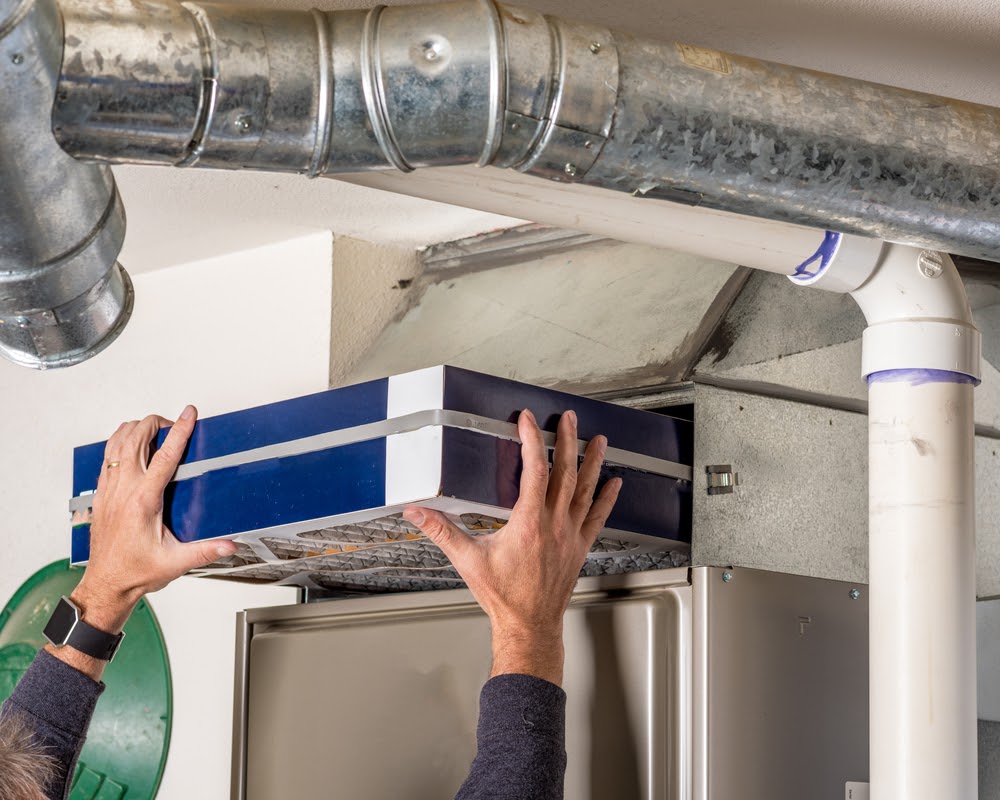An Energy-Efficient Furnace Won’t Scorch the Budget
The home’s furnace can operate via natural gas or electricity to help warm the home. However, during harsh winters, the furnace might be running quite often to ensure the air in the home stays ambient and warm. According to Visual Capitalist, those HVAC and furnace units account for almost half (47 percent) of the home’s energy use.
The bad news is that the monthly energy bills could be zapped by heating costs during the winter. However, an energy-efficient furnace can help save energy and money each month leading to greater savings…and an unscorched budget!
What Makes a Furnace Energy-Efficient?
Homeowners shopping for a new gas (or oil) furnace should look for one important number: annual fuel utilization efficiency (AFUE). According to the Department of Energy, this number is shown as a percentage. The AFUE means how much of the fuel energy is used for heating. A higher number correlates to greater efficiency.
Even if an electric system has a high AFUE, that doesn’t necessarily mean that it is going to be less expensive. Why? The Department of Energy explains that electricity is usually more expensive than gas!
What else can affect efficiency? The Department of Energy points out that the AFUE won’t take into account heat being lost in duct work that might be located somewhere that might not be well insulated, like the attic for example. And these cooler places might account for additional heat loss—up to 35 percent more.
New energy efficient systems, though, may help homeowners save on energy waste. These new improved systems save energy thanks to sealed combustion and a second heat exchanger that condenses gasses from the flue.
How efficient are the most efficient systems? They can boast an AFUE of up to 98.5!

How Much Can an Energy-Efficient Furnace Save?
Energy savings can depend on the home’s location and the type of energy used to fuel the system. ENERGY STAR explains that a certified gas system can save homeowners about $30 a year in the south (products will be labeled “U.S. South”) and as much as $85 a year. An ENERGY STAR oil-fueled furnace, however, can save homeowners up to $75 a year.

How to Save Even More Money on Heating Costs
Cold winters can really sear the monthly bill. However, combining an energy efficient furnace with other small changes can possibly bump the savings even higher. Some homeowners might not be in the market for a new furnace but may be curious on how to save money on their heating costs. A furnace typically lasts anywhere from 15 to 30 years, and replacing a unit that isn’t in need of replacement is likely not too high on the list of many homeowners…most may be silently hoping that they can make that furnace last as many years as possible!
When the furnace isn’t in need of an upgrade, how can homeowners save on those high heating costs? Try these easy tips:
- Turn down the thermostat! Make the home a little cooler by nudging the thermostat down to around 68 degrees.
- Program the thermostat to adjust to lower temperatures when homeowners are at work.
- Check the home’s insulation and windows, too! Leaks can cause the furnace to work overtime!
- Open up the blinds during sunny days. The sun may help warm the home a bit!
- Close the doors to rooms that aren’t in use.
To ensure that the furnace is working efficiently, make sure to change the filter regularly. In addition, schedule maintenance check-ups to avoid any issues that could impact the efficiency. Staying on top of maintenance can help homeowners catch small problems with their furnace before they become bigger and pricier problems. Experts recommend servicing units once a year.
Conducting a Home Energy Audit
Homeowners also can conduct a home energy audit to find additional energy drains in their home to save even more energy—and money! To audit the home’s energy use, homeowners should go to each room in the house looking at outlets for unused appliances, gadgets and lights, checking under sinks for leaks or drips and switching out old light bulbs for more energy-efficient choices.
To help with their home energy audit, homeowners can use HomeSelfe to guide them and help discover new ways to save. With Benefyd, homeowners snap a photo of each room and enter monthly energy use data. HomeSelfe can help identify energy drains and make suggestions for saving money and cutting energy use. HomeSelfe also can help homeowners find rebates for even more financial savings!


